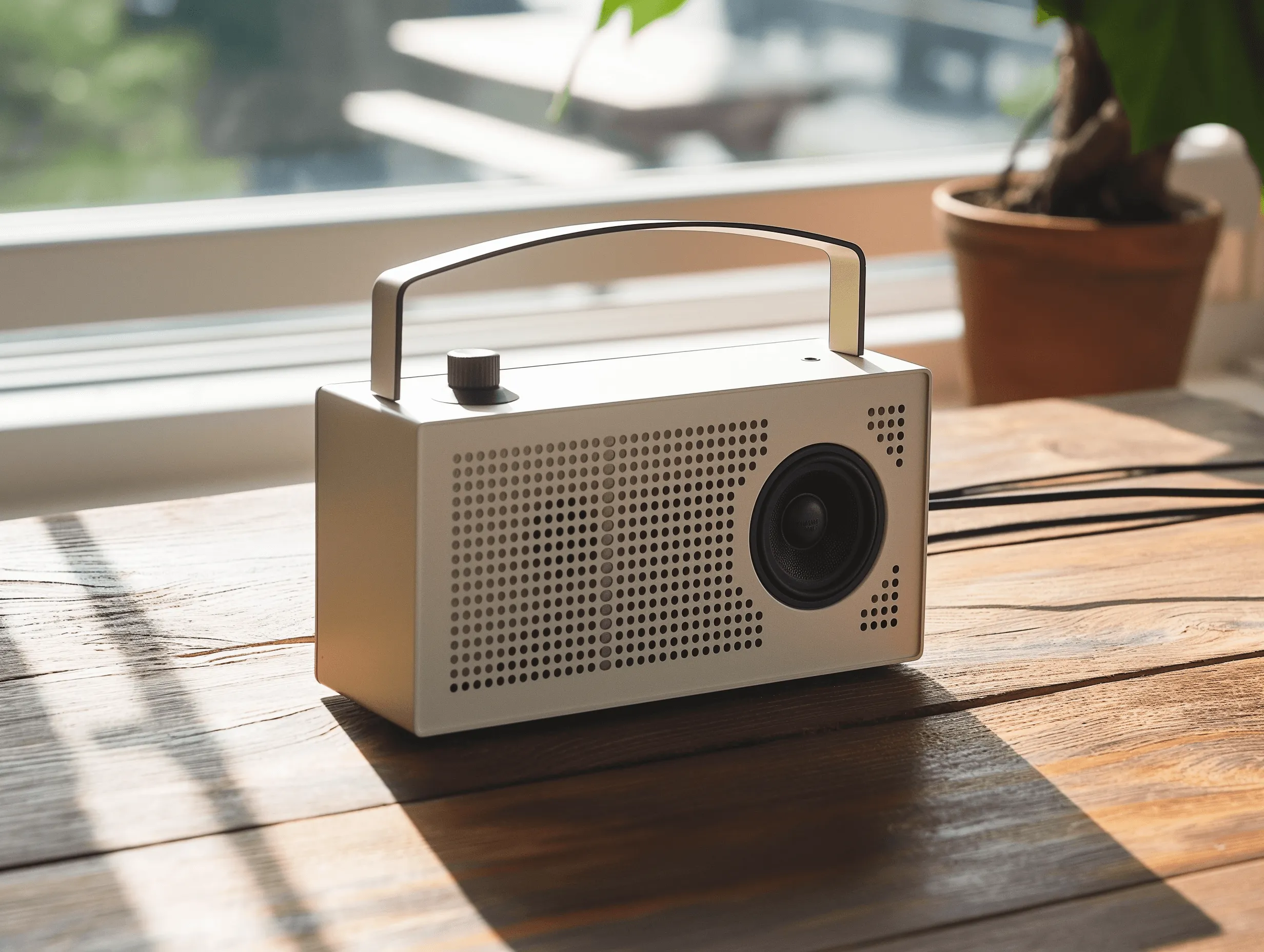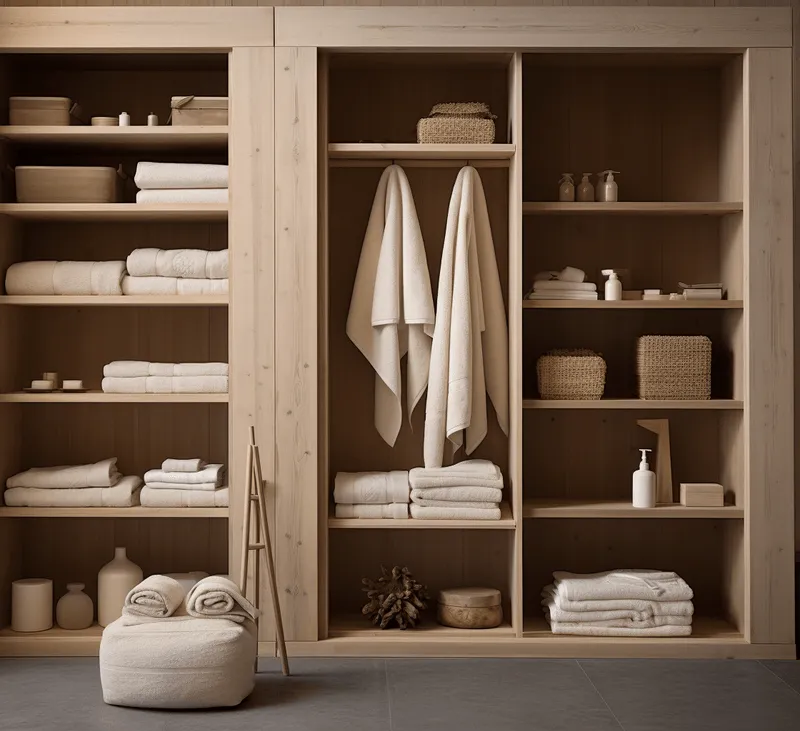
Glow‑Up on a G‑Pay Budget: Review Tips for Students
Your bank account might be crying, but your glow-up doesn't have to wait until graduation 😊 Look, I get it - being a student means choosing between textbooks and that skincare routine you've been eyeing on TikTok. But here's what I've learned after years of stretching every dollar: you can absolutely transform your confidence, health, and overall vibe without going into debt.
The truth is, some of the most effective wellness practices cost literally nothing. And the ones that do? Well, I'm about to share every budget hack I wish someone had told me when I was surviving on ramen and dreams.
The Real Cost of Feeling Good About Yourself
Let's start with some perspective. The average college student spends about $2,000 per year on "personal care" according to recent studies. But here's the kicker - most of that goes toward overpriced products that promise miracles and deliver... well, not much.
I used to think expensive meant better. Spoiler alert: it doesn't. Some of my most life-changing discoveries have come from the drugstore clearance section and free campus resources I didn't even know existed.
Your glow-up journey isn't just about looking good (though that's definitely part of it). It's about feeling confident in your own skin, taking care of your sexual health, and building habits that'll serve you long after you toss that graduation cap.
Free Resources That Actually Work
Before we talk about spending money, let's talk about not spending money. Your campus is basically a wellness goldmine if you know where to look.
Campus Health Centers Are Underrated Gems
Most students walk past their health center daily without realizing it's probably offering free STI testing, birth control consultations, and mental health resources. I'm talking about services that would cost hundreds at private clinics.
Many campus health centers also provide free condoms, dental dams, and educational materials about sexual wellness. Some even offer workshops on topics like healthy relationships and consent - knowledge that's honestly priceless.
Fitness Centers and Group Classes
That gym membership you're already paying for through student fees? Use it. But beyond the obvious cardio and weights, look for yoga classes, meditation sessions, and wellness workshops. These activities boost endorphins, improve body confidence, and help manage stress - all crucial for that inner glow.
Btw, many schools offer specialized classes like pelvic floor fitness or workshops on body positivity. These might feel awkward at first, but they're incredibly valuable for long-term wellness.
Smart Shopping Strategies for Wellness Products
When you do need to spend money, here's how to make every dollar count.
The 80/20 Rule for Personal Care
Focus 80% of your budget on basics that work, and 20% on trying new things. Your basics should include: a gentle cleanser, moisturizer with SPF, and quality personal lubricant if you're sexually active. Everything else is bonus.
For sexual wellness specifically, don't cheap out on certain items. Quality lubricant, for example, is worth the investment for comfort and safety. But you don't need the fancy packaging - generic brands often have identical ingredients.
Generic Brands Are Your Best Friend
I've done the side-by-side comparisons, and honestly? Store-brand moisturizers often contain the same active ingredients as name brands. The difference is usually just marketing and packaging.
This applies to sexual health products too. Generic condoms meet the same safety standards as name brands. Same with pregnancy tests, yeast infection treatments, and basic vitamins.
DIY Wellness That Actually Makes Sense
Pinterest is full of DIY beauty recipes that are honestly more Instagram-worthy than effective. But some homemade approaches genuinely work and save serious cash.
Simple Skincare Solutions
Honey masks are legit - raw honey has antimicrobial properties and costs way less than fancy face masks. Oatmeal scrubs are gentle and effective for sensitive skin. And green tea bags make surprisingly good under-eye treatments.
What I don't recommend DIYing: anything that goes near your intimate areas. Your vaginal pH is delicate, and homemade "cleanses" or treatments can cause more problems than they solve.
Stress Management on Zero Budget
Stress wreaks havoc on everything - your skin, your libido, your overall energy. But managing it doesn't require expensive spa treatments.
Free meditation apps like Insight Timer have thousands of guided sessions. YouTube has yoga routines for every skill level. Even just taking 10-minute walks between classes can significantly impact your stress levels and mood.
Building Healthy Habits That Compound
The best glow-up investments are habits that build on themselves over time.
Sleep Hygiene Pays Dividends
I know, I know - you're a student, sleep is theoretical. But even small improvements make a huge difference. Putting your phone in another room, keeping your space cool, and having a consistent bedtime routine cost nothing but transform everything.
Good sleep affects your skin, your mood, your immune system, and yes, your sex drive. It's literally the foundation of feeling good in your body.
Hydration and Nutrition Basics
You don't need expensive superfoods or supplements. Drinking enough water, eating regular meals, and including some fruits and vegetables in your diet will do more for your glow than any expensive serum.
Ngl, I used to survive on energy drinks and pizza. The difference in how I felt when I started eating actual meals was honestly shocking. Your body can't glow when it's running on fumes.
Sexual Wellness on a Student Budget
Let's talk about the elephant in the room - sexual health and wellness can feel expensive, but it doesn't have to be.
Free and Low-Cost Sexual Health Resources
Planned Parenthood offers sliding scale pricing based on income. Many locations provide free or very affordable STI testing, birth control, and sexual health education. Some universities partner with local clinics to offer additional discounts for students.
Many health insurance plans (including student plans) cover preventive sexual health services at 100%. This includes annual exams, STI screenings, and contraception. Check what's covered before paying out of pocket.
Investing in Quality Where It Matters
When it comes to sexual wellness products, quality matters for safety and comfort. But you don't need to break the bank. Look for sales at reputable retailers, buy in bulk when appropriate, and remember that the most expensive option isn't always the best.
For things like vibrators or other intimate products, consider it a long-term investment in your wellness. A quality product that lasts years is often more economical than replacing cheap ones repeatedly.
Technology and Apps That Help
Your smartphone can be a powerful wellness tool when used right.
Period and Fertility Tracking
Free apps like Clue or Flo help you understand your cycle, predict periods, and track symptoms. This knowledge helps you plan better and notice any changes that might need medical attention.
Understanding your cycle also helps with everything from workout planning to managing mood changes. It's basically free healthcare data about your own body.
Budgeting Apps for Wellness Spending
Apps like Mint or YNAB (free for students) help you track spending and set aside money for wellness priorities. Even setting aside $20 per month for personal care adds up to meaningful purchases over time.
Frequently Asked Questions
How much should students realistically budget for personal wellness?
Honestly, you can start with as little as $25-50 per month and see real results. Focus on basics first - good skincare, sexual health essentials, and one or two items that make you feel confident. As your budget grows, you can expand from there.
Are expensive wellness products worth it for students?
Sometimes, but not usually. The most important factor is finding products that work for your specific needs, not their price tag. I've seen $5 drugstore moisturizers outperform $50 department store ones. Do your research and start with affordable options.
What's the biggest mistake students make with wellness spending?
Trying to do everything at once. You don't need a 12-step skincare routine, five different supplements, and a complete wardrobe overhaul. Pick one area to focus on, master it, then expand. Your wallet and your sanity will thank you.
How can I afford sexual wellness products on a tight budget?
Start with campus resources and community health centers for basics like condoms and testing. For other products, look for student discounts, generic brands, and sales. Remember that taking care of your sexual health is an investment in your overall wellbeing - it's worth prioritizing in your budget.
Is it safe to use cheaper alternatives for intimate products?
For basic items like condoms and lubricants, generic brands that meet safety standards are perfectly fine. However, be cautious with extremely cheap products from unknown manufacturers, especially for anything that goes inside your body. When in doubt, ask a healthcare provider for recommendations.
Bottom Line
Your glow-up doesn't have to wait for your post-graduation paycheck. The most effective changes - better sleep, stress management, basic skincare, and taking care of your sexual health - are either free or surprisingly affordable.
What I've learned is that confidence comes from feeling good in your own skin, and that's less about expensive products and more about consistent, caring habits. Start small, be patient with yourself, and remember that every small step counts.
You deserve to feel amazing in your body, regardless of your bank account balance. Your future self will definitely thank you for starting now 💕
.png)
.jpg)











Comments: